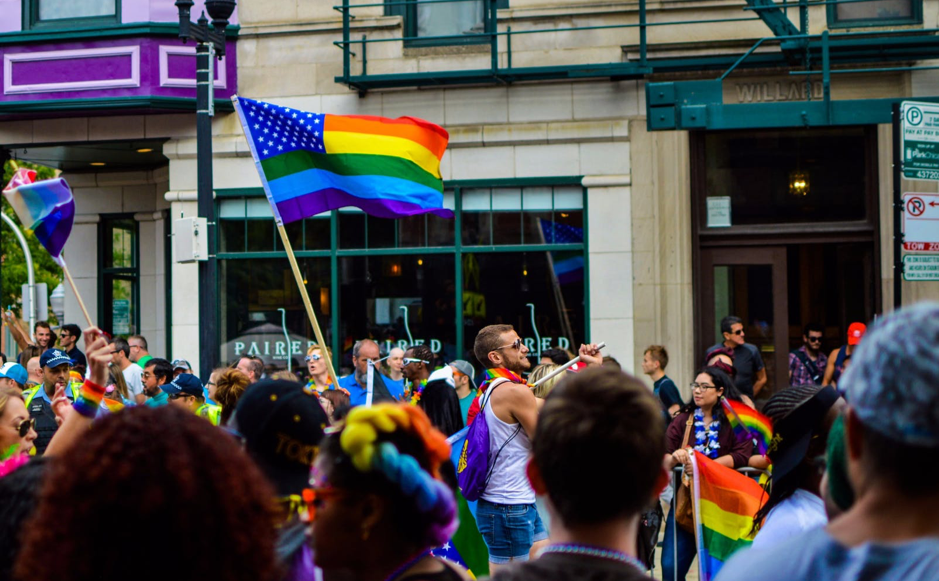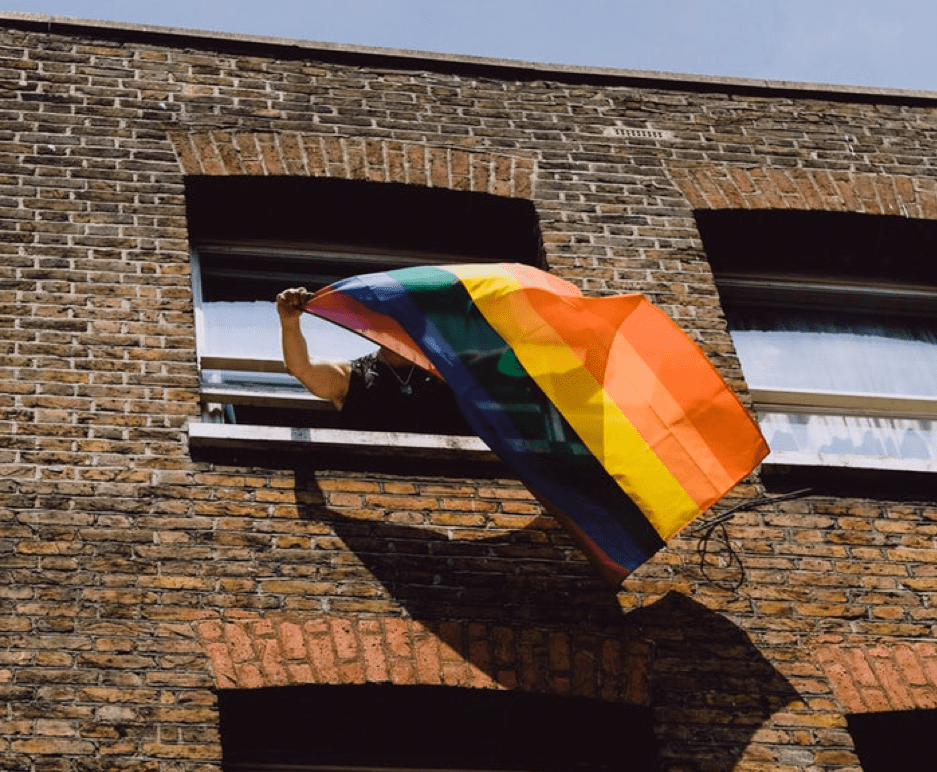International Coming Out Day turns 30 this year.
By the time this article is published, my Twitter feed will be filled with hashtags about International Coming Out Day – I follow a lot of cool queer people – and I wanted to make a primer for all of you about the day. Much like my bi+ awareness day piece, I’ve sourced questions from my friends to give you all the info that you need to know.
What is International Coming Out Day?
It’s exactly what it sounds like. It’s a day for members of the LGBTQ+ community around the world to come out, whether it’s their first time or their hundredth time, and let everybody know that “we’re here, we’re queer, get used to it”.
Okay, sounds interesting. When was it introduced?
Back in 1988, psychologist Robert Eichberg and head of the National Gay Rights Advocates in LA Jean O’Leary came together to create a day that would allow queer people in the US to voluntarily self-disclose this sexuality, effectively en masse. Over the years, the celebration has grown from 18 US states to the entire world and now includes gender identity as well.
That’s great, but why was it introduced?
The pair felt that the LGBTQ+ community needed this day because discrimination thrives on silence, which is broken when someone comes out. Someone with homophobic or transphobic views won’t change their minds overnight because you’ve come out to them, but it does help most people to see that queer people aren’t scary or strange or other.
Eichberg said: “Most people think they don’t know anyone gay or lesbian, and in fact everybody does. It is imperative that we come out and let people know who we are and disabuse them of their fears and stereotypes.”
In fact, there are studies that prove that regular contact between a member of a marginalized group and a person who holds discriminatory views about that group can soften the views of the second person. And yes, this even when the marginalized person in question is fictional, so thanks to all the British soap operas that aired storylines about queer women before I came out to my grandparents.
Another reason behind the day is that it’s easier to come out when there are millions of people doing the same thing. It’s like running a marathon. If you just set out to run 26 miles one day, you’d be a little daunted and you might even give up the first time you passed a donut shop. But if there are 500 other people running beside you, you’re more likely to stay the course.

You lost me a little at donuts, but I think I’ve got the gist. When is it?
October 11th, which is a Thursday this year. The date was selected to coincide with the anniversary of the 1987 National March on Washington for Lesbian and Gay Rights.
That’s some good planning. How can I observe the day?
Well, my boss strongly implied that I would not be allowed to take a four-day weekend, but there are plenty of ways to celebrate ICOD. Coming out is one of the best things to do on ICOD, even if you’ve already done it before. (If you’re ready to come out then resources are here.)
If you’re not ready to come out and you’d still like to celebrate, then I recommend watching a film or episode of your favorite TV program that focuses on coming out narratives (here are some of the best). Make sure you stick to happy ones though!
Wait, wait, wait. I swear that I’ve seen some straight/cis people coming out on ICOD before.
You probably have and they mostly mean no harm. Most straight/cis people who do this use the argument that it shouldn’t be necessary for anyone to come out because cis-het shouldn’t be the default in our society. I see their point, but we’re not there yet.
Okay, so if I came out, what would the benefits be?
Well, as I’ve talked about before, coming out has incredible benefits for both the individual and the wider LGBTQ+ community.
For you, as the person coming out, you can look forward to letting go of a big secret that you might not even have realized was weighing you down and, particularly if the person you come out to is accepting, this can lead to improved mental health.
For the community at large, it offers increased visibility, which is a boon for any marginalized identity. After all, if no one sees us, will our needs ever get addressed or will we be subjected to more discrimination? Sadly, no marginalized group ever got their rights because the dominant group was just in a good mood that day. We’ve had to fight long and hard for every single right.

I’ve come out before to friends before, but I’m scared about coming out to my family; is this weird?
Not at all. I recently came out to an old friend and, despite the fact that I had come out to other people, it was terrifying and I didn’t expect it to be.
We were still in regular contact, but I hadn’t seen her since I officially came out many years ago and she’s the kind of person who shuns social media, so I’d never actually told her. I was getting ready to go to Pride when it dawned on me and, because I was in a good mood, I just texted it really casually. After all, I know who she votes for, I know what pairings she ships on Grey’s, and last year on my birthday she sent me a book with a queer protagonist, so I wasn’t worried. Until she didn’t reply.
I checked my phone when I got to the Pride March’s starting point and then again when the march finished and this continued until just after lunch, when she texted me saying she was sorry, but she’d slept in late. She was, of course, happy for me and she loved me.
So, no it’s not silly to be worried about coming out, even if you’ve done it before, but I really recommend the Curve/LOTL resources to help you. They have ones for coming out to parents, kids, co-workers, etc, and they are chock full of good advice.
Whatever you’re doing on October 11, have a great International Coming Out Day. Please remember that your orientation/identity is real and valid, and that you are loved.
